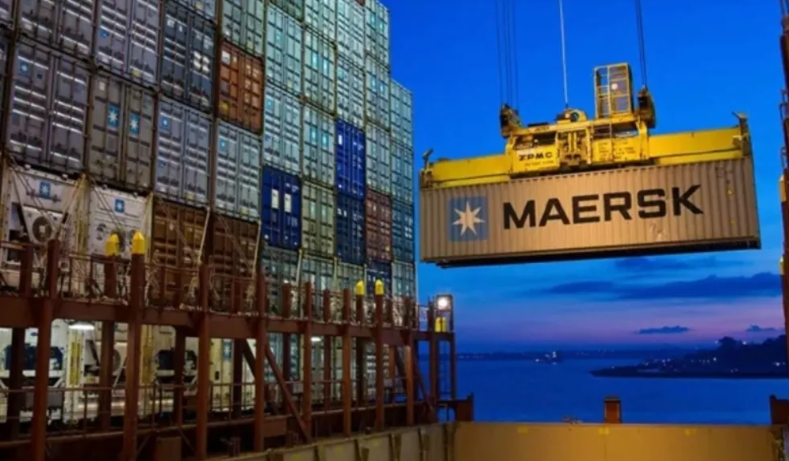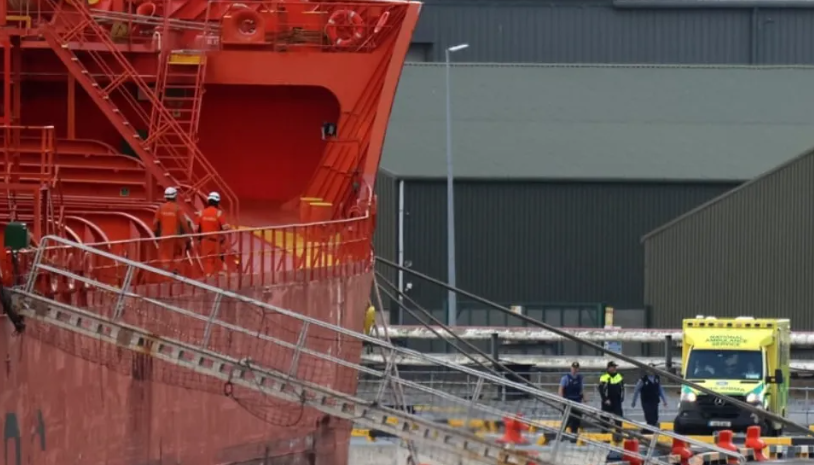On Monday, Belgian authorities seized a batch of cocaine from a small oil tanker and arrested eight men who might be preparing to go out to sea to retrieve the goods.
At around 9 p.m. local time last Friday, the Turkish product oil tanker "Scot Bremen" set off from Brazil and arrived off the coast of Ostend, Belgium. For the next three days, it remained berthed in the offshore area.
At about 3 p.m. on Monday, the ship set sail again and entered the Port of Zeebrugge. According to local media reports, when the ship arrived, customs officers found hundreds of kilograms of cocaine on board.
It is believed that this case is related to an arrest operation completed by the local police on Sunday. That night, eight men were found to have entered the water at the Brankenberg Pier, which is about 15 nautical miles southeast of where the "Scot Bremen" was moored at that time. All eight people were arrested. A pretrial judge in Bruges ordered their detention on suspicion of forming a gang.
So far, prosecutors have not explicitly charged them with smuggling crimes, but the Belgian news agency Belga reported that these people were suspected of attempting to go out to sea to retrieve cocaine.
Scot Bremen is a chemical tanker built in 2003 and flies the flag of Malta. The predecessor of this ship was the Wappen von Bremen, which was one of the eight specially built sister ships acquired by Turkish shipowners in 2015. The Scot Bremen usually conducts trade between North America, Northern Europe and the Mediterranean Sea. However, according to AIS data provided by Pole Star, the vessel has made two voyages to the small Brazilian port of Pecem this year: one call in April and another in early June.
Brazil's largest seaport is well-known as a major global cocaine trade center. The local government said that the risk of smuggling in small ports like Pecem is also increasing. The Brazilian Federal Tax Agency said that concentrated law enforcement at major hubs might squeeze criminal activities to regional ports.
Relevant media insiders said that although large port clusters such as Santos, Palanagua and Rio de Janeiro rank among the top in cocaine exports, all ports in Brazil, regardless of their location and size, are to varying degrees vulnerable to sophisticated and powerful criminal organizations.

Last
Maersk Resumes Import Cargo Acceptance at Israels Haifa Port Amid Eased Security Risks
On Thursday, AP Moller-Maersk announced that it has resumed accepting import cargo at Haifa Port in northern Israel.“As of June 25

Next
Explosion Aboard Chemical Tanker at Irelands Shannon Foynes Port Leaves Two Crew Seriously Injured
Operations at Shannon Foynes Port in County Limerick, Ireland, were suspended on the evening of Tuesday, June 24, following report
